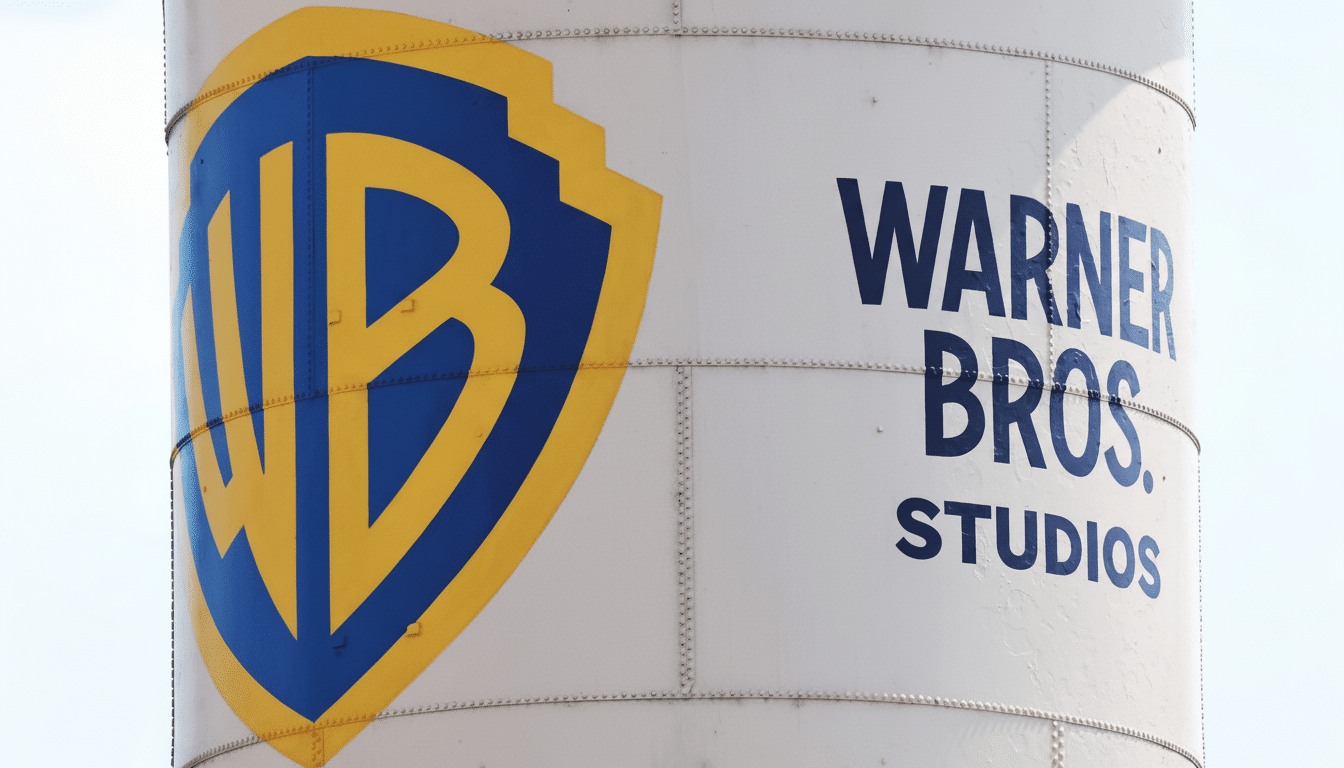HBO Max users received a new signal that prices may tick up again — just not yet. In public comments at a screenwriters’ conference, Warner Bros. Discovery chief executive David Zaslav described the streamer as “way underpriced,” but cast the launch as the company acting slowly rather than simply flipping a switch.
The message is clear: a hike is on the table as the service leans on prestige programming and better economics, but any changes will be gradual and well-communicated. Nothing is different today for subscribers — but the foundation for the future is being built.

What the C.E.O. Really Said
“We have tens and tens of millions of hours of great content that has a rather kind of broad Warner content feel,” he said at the Goldman Sachs Communacopia + Technology Conference, adding: “It’s not even so much the quality of the HBO originals, but its the tens of thousands of hours of HBO originals into tens of thousands of hours of Warner Bros. Discovery content slate justifies higher fees for the company. They would “take our time,” he said, according to The Hollywood Reporter — a marked break from the rapid-fire escalation that had coursed through the industry for two years.
This is a strategic move that allows HBO Max to raise prices when the market isn’t too soft under foot, around major tentpole releases or product enhancements — rather than shock subscribers with an increase and a likely churn event.
Where Prices Stand Today
Right now, HBO Max has an ad-supported plan for $9.99 monthly (or $99.99 annually), a regular ad-free plan for $16.99 and a 4K ad-free tier for $20.99. The service also peddles a paid account-sharing add-on for $7.99 a month that allows subscribers to include one additional member.
The brand recently reverted to its HBO Max name after a foray as “Max,” reclaiming the premium distinction many viewers associate with the HBO name. That reputation — buoyed by franchises like House of the Dragon, The Last of Us, and true-crime and documentary staples — is the foundation of the company’s argument that the service provides outsized value.
Password Sharing Enforcement on Deck
Zaslav also repeated that the company plans to take a harder stance on household sharing, an adjustment it had previously signaled on earnings calls. The playbook is well known: Netflix’s enforcement effort ultimately yielded a net increase in paid memberships, according to its shareholder letters and third-party firms like Antenna, which documented millions of new sign-ups — and relatively few drops — after the crackdown.
For HBO Max, enforcement subsidized by a paid “extra member” option might increase revenue without raising base prices immediately. And it doubles as a test: If the conversions from sharers outstrip cancellations, Warner Bros. Discovery could get assurance it would be able to adjust rates later.

How a Hike Would Fit the Market
In streaming overall, ad-free plans have been edging toward the mid-to-high teens a month, and the best 4K options offered by major rivals regularly offer a cost of entry of more than $20. The premium services have always blamed increasing content costs, the dynamics of some sports rights and the desire to reach a point where they can claim to have sustainable cash flow as reasons for re-pricing.
HBO Max’s pitch is density of quality: fewer misses, more cultural hits. Research firms, like Whip Media, have historically ranked HBO’s original programming at or near the top of its class in terms of how high people think its quality is. If subscribers consider HBO Max the trusted home for premium series, the service has more pricing power than do broader, volume-driven platforms.
Still, elasticity matters. Churn can even be triggered by small increases, at least in cases where they are badly timed or come at the same time as what is perceived as a decrease in features. You can expect HBO Max to continue to sync any upcoming price change with value signals — 4K upgrades, more downloads, or buzzy release windows — to keep the trade-off compelling.
What It Means for Subscribers
There is no impact to your monthly bill right now. But the company’s language implies that today’s prices will not last forever. If you’re in it for the long haul, annual billing can help lock in a lower effective rate, and the ad-supported plan is still one of the cheapest alternatives to ad-free tiers.
If you’re sharing accounts beyond your household be ready to be noticed. The paid extra-member as a one off add-on is intended to capture that use case without shoving every viewer into a full subscription, but two add-ons can add up quickly to a second plan.
The takeaway: HBO Max is conditioning the market for that eventual raise while it strings the screw of revenue through password sharing rules. For now, it’s holding prices — but the company believes it has some headroom, and it’s signaling that sooner or later, it plans to use it.

